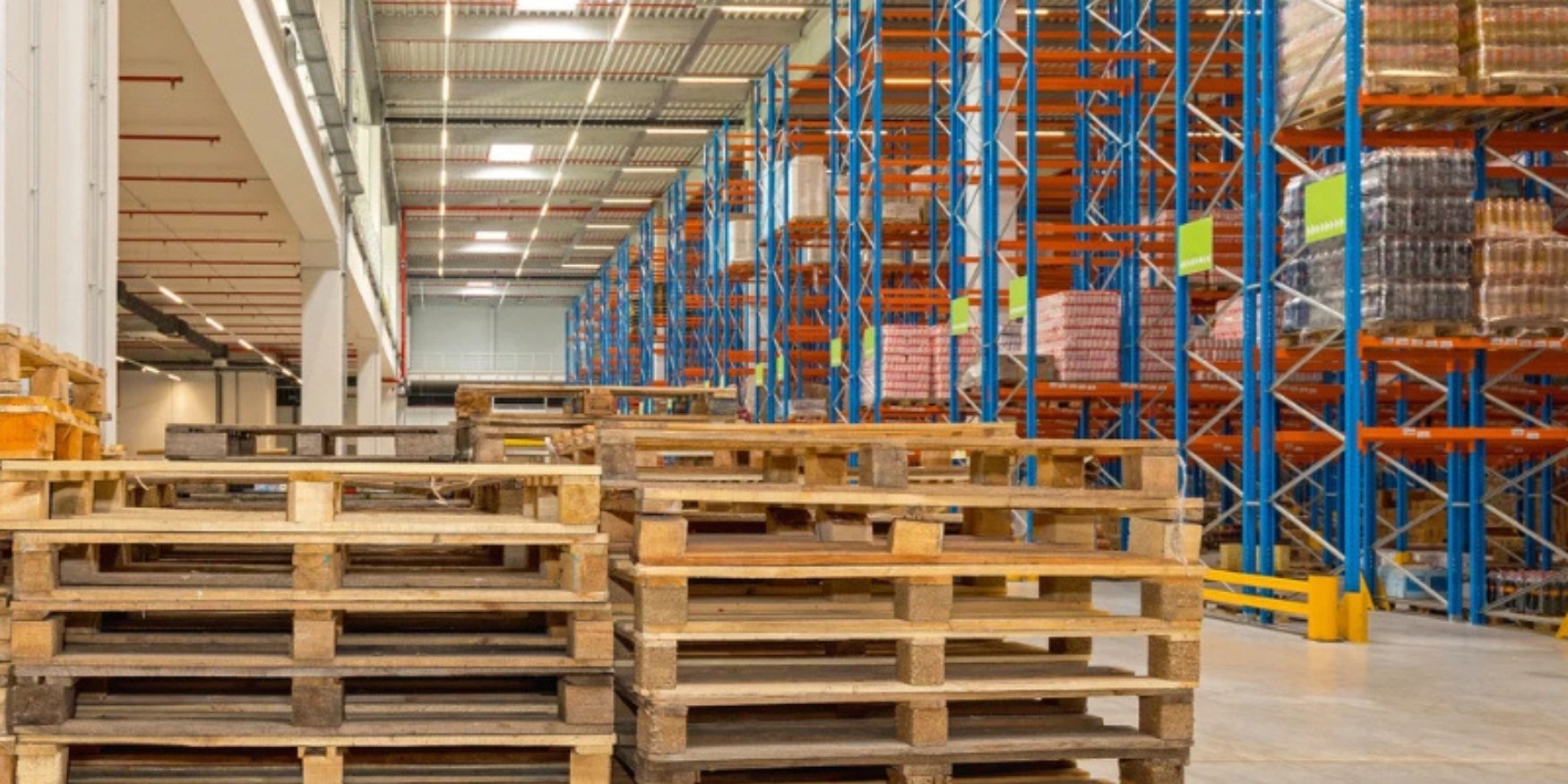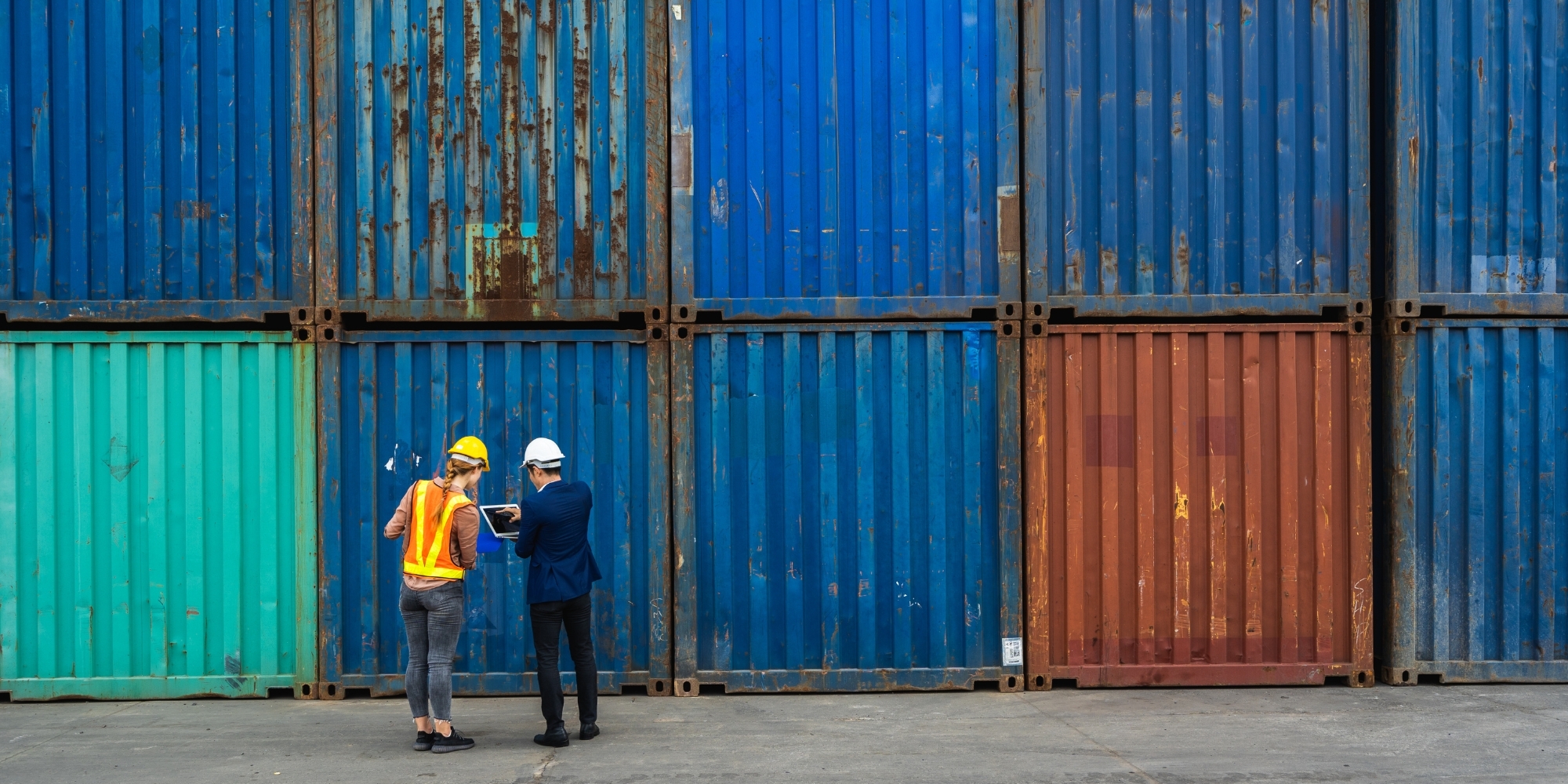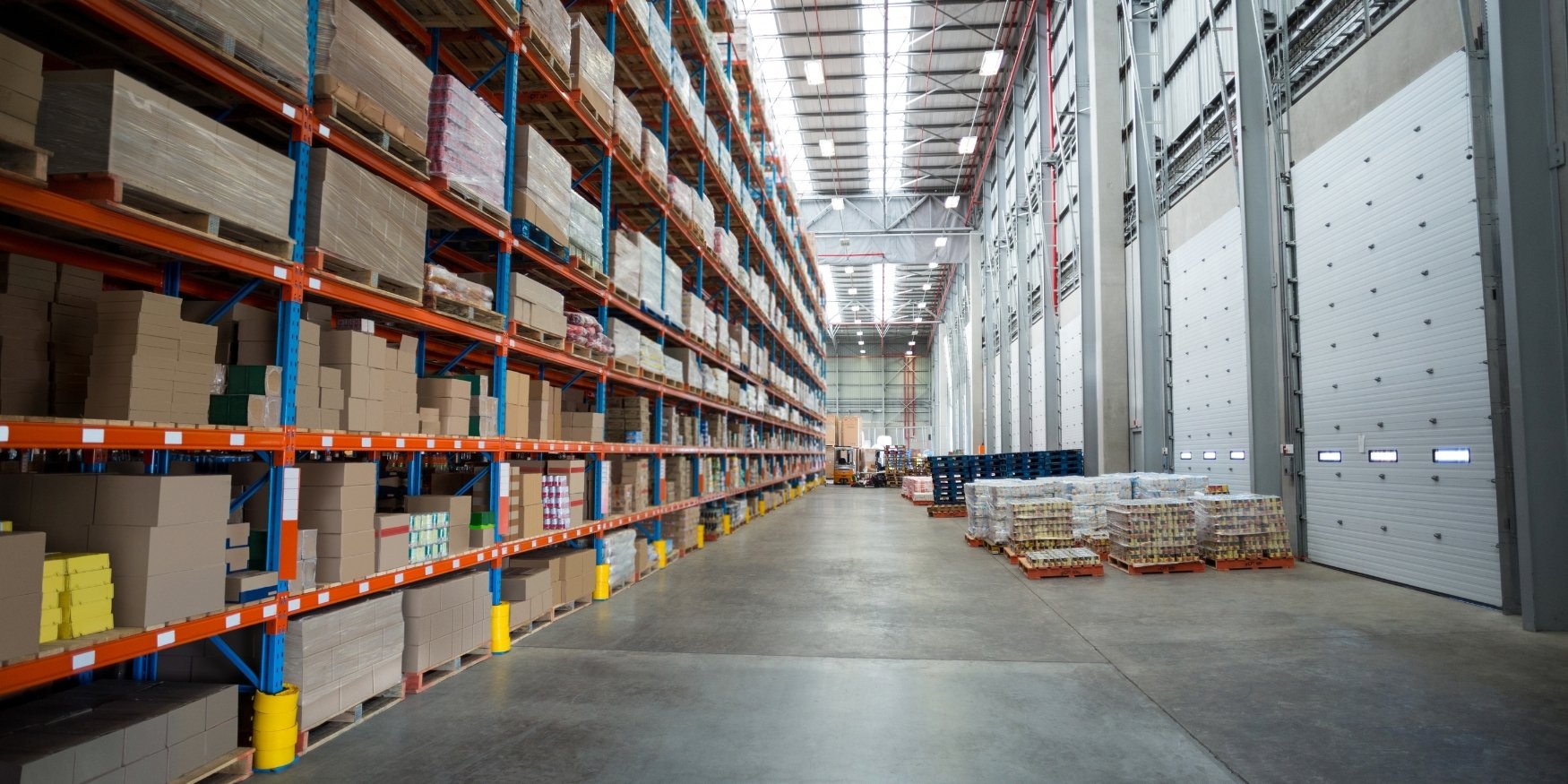We share hands-on advice for everyday trade and logistics challenges. Access insights and actionable strategies that drive certainty, continuity, and compliance across your operations.
Packaging and labelling requirements for imports in Canada

Packaging regulations for Canadian imports won’t make the news like tariff announcements, but they’re a mandatory part of meeting compliance requirements as an importer.
How Canada's air cargo security program benefits importers

Canada’s Air Cargo Security (ACS) Program helps to protect trade and keep goods moving quickly and efficiently across the border. Allowing cargo to be screened and secured early in the supply chain minimizes delays at airports.
Why leveraging EDI is crucial for modern shipping

EDI (Electronic Data Interchange) offers a single, standardized format for exchanging information and documentation, such as purchase orders and shipping confirmations. Leveraging this technology saves importers and exporters time and money while reducing the risk of non-compliance.
Navigating Freight Quotes: Best Practices for B2B Success and the Hidden Risks of Cheap Providers
.jpg)
In the high-stakes world of B2B logistics, selecting the right freight provider is more than a routine decision—it’s a critical move that can influence your entire supply chain. From cost considerations to operational efficiency and customer satisfaction, every aspect of your business hinges on this choice. Below,.
7 vital supply chain technologies and their business benefits

Supply chain technology provides valuable tools for companies across many industries and sectors. The business benefits of supply chain management enhanced by technology will vary from one company to the next.
How importers can prepare for container inspections

Importing goods in containers can result in an inspection, regardless of whether your shipment enters Canada or the United States. Importers can prepare in advance to get ahead of challenges that arise due to container inspections.
5 key strategies to ensure supply chain security
.jpg)
Supply chain security is only as strong as its weakest link. A single supply chain vulnerability can cause costly delays, security breaches, or regulatory penalties, so securing every link in the chain is essential.
Freight claims management protects your shipments and minimizes loss

Freight claims management can be a daunting task, even for seasoned professionals in logistics and transportation. Effectively handling claims can save time, reduce financial losses, and improve customer satisfaction.
7 essential packaging practices for freight and logistics

Every year, an estimated 11 billion tons of goods are transported by ship alone, and countless more move by air, rail, and road. Packaging best practices are essential to protect these trade assets during transit.
Importer's guide to luxury taxes on vehicles in Canada

Importing high-value cars, vans, and trucks can quickly become more expensive because of the luxury vehicle tax in Canada. Imports with a value of $100,000 or more are subject to the Select Luxury Items Tax Act, with a handful of exceptions.
